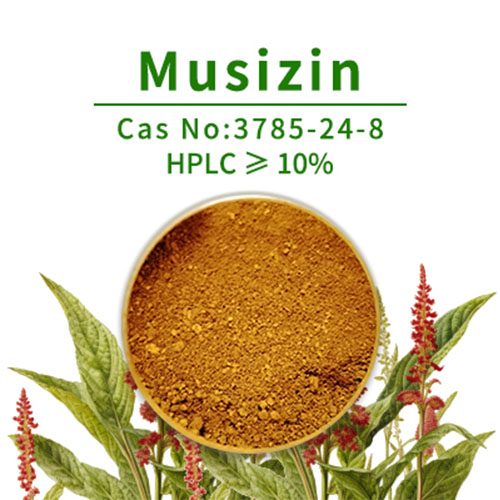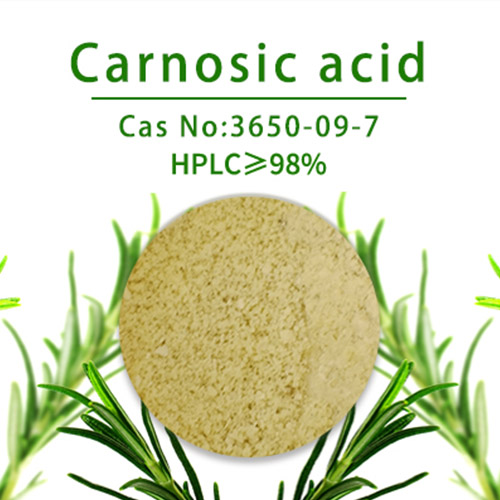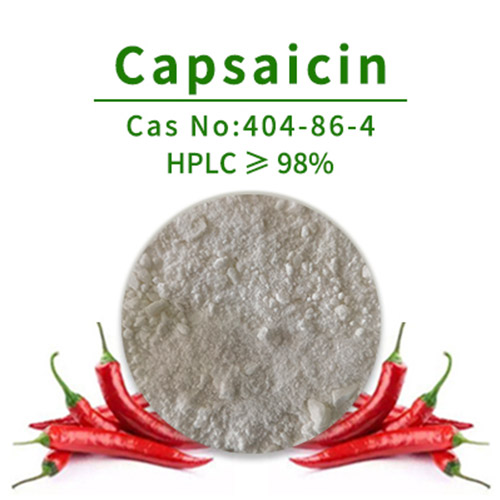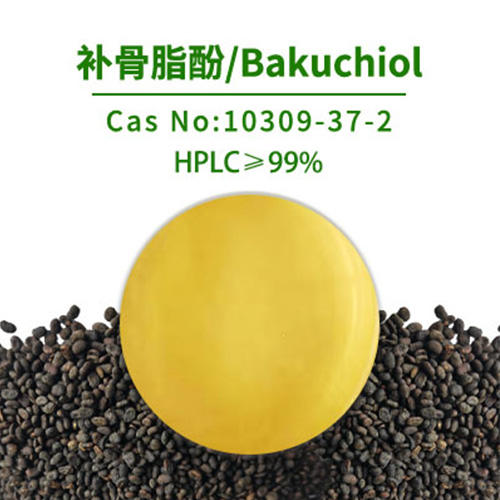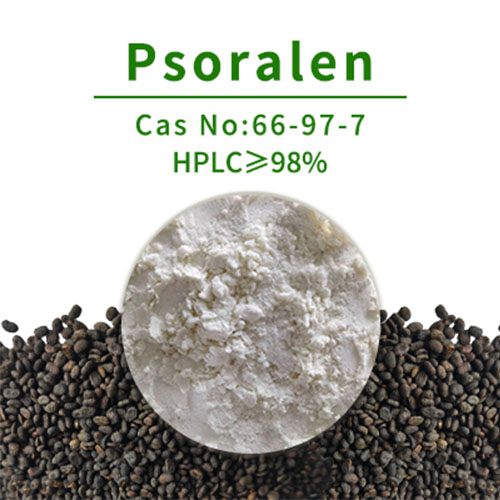Choosing Bakuchiol over Retinol as a Skincare Ingredient Can be Based on Several Factors
Choosing bakuchiol over retinol as a skincare ingredient can be based on several factors, including efficacy, safety, and compatibility with different skin types. Here are some reasons why individuals and skincare brands might opt for bakuchiol instead of retinol:
- Similar Efficacy to Retinol:
Research suggests that bakuchiol exhibits similar effects to retinol in improving various skin concerns, including fine lines, wrinkles, hyperpigmentation, and uneven skin tone. Both bakuchiol and retinol are known to stimulate collagen production, increase cell turnover, and promote skin renewal, resulting in smoother, firmer, and more youthful-looking skin. - Better Tolerability and Fewer Side Effects:
Unlike retinol, which is known to cause irritation, dryness, redness, and flakiness in some individuals, bakuchiol is generally well-tolerated and less likely to cause adverse reactions. - Gentler on the Skin:
Bakuchiol is considered to be a gentler alternative to retinol, making it suitable for daily use and for individuals with sensitive or reactive skin. It provides the benefits of retinol without the associated discomfort or downtime typically experienced during the retinization process. - Suitable for Pregnant or Breastfeeding Individuals:
Retinol and other retinoids are not recommended for use during pregnancy or breastfeeding due to potential risks to the fetus or infant. In contrast, bakuchiol is considered safe for use during pregnancy and lactation, making it an attractive option for individuals seeking skincare products with anti-aging benefits during these periods. - Natural Origin:
Bakuchiol is a natural compound derived from the seeds of the Psoralea corylifolia plant, also known as the Babchi plant. Some consumers prefer skincare products formulated with natural ingredients, making bakuchiol an appealing choice for those seeking plant-based alternatives to synthetic compounds like retinol. - Stable Formulation:
Bakuchiol is relatively stable and less prone to degradation compared to retinol, which can be sensitive to light, air, and temperature fluctuations. Formulating skincare products with bakuchiol may offer greater stability and shelf life, ensuring that the product retains its efficacy over time. - Broader Compatibility:
Bakuchiol is suitable for a wider range of skin types, including sensitive, dry, oily, and acne-prone skin. Its gentle nature and low potential for irritation make it a versatile ingredient that can be incorporated into various skincare formulations targeting different skin concerns.
Overall, while retinol remains a gold standard in anti-aging skincare due to its proven efficacy, bakuchiol offers a compelling alternative for individuals seeking similar benefits with fewer potential side effects and greater compatibility with sensitive skin types or specific life stages, such as pregnancy or breastfeeding.


